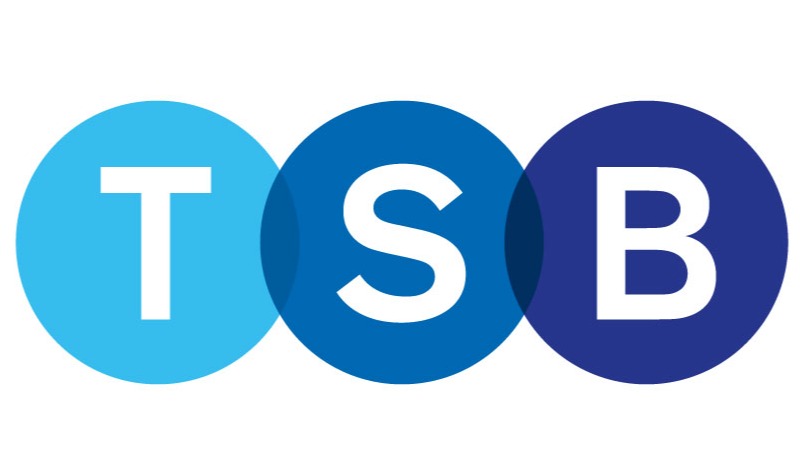UK bank TSB has said that over a third of ads on Facebook Marketplace are scams.
TSB's fraud team sampled 100 Facebook Marketplace posts on their feed – including ads for cars, watches, games, air fryers, and handbags – finding that 34 per cent were scams once the seller used tactics known to be commonly used by purchase fraud criminals.
Sellers deemed to be scammers directed TSB fraud experts to fake websites, refused to allow viewing of an item in person, and demanded advanced fees.
TSB also discovered items advertised as ‘brand new’, for hundreds of pounds less than their real retail price.
"You wouldn’t shop at a supermarket if a third of the items were stale or counterfeit – so the same should apply to Facebook Marketplace, where you have a one in three chance of being scammed when paying online," said Matt Hepburn, fraud spokesperson, TSB. “Social media companies really must act on their commitments under the government’s Online Fraud Charter by urgently clearing up their platforms – removing scam adverts is a good first test.”
73 per cent of all purchase fraud cases at TSB come from Facebook Marketplace, making it the biggest driver of fraud by volume.
Further calculations from the bank show that £60 million could have been lost by customers of all banks via Facebook Marketplace in 2023, around £160,000 lost every day.
At the end of last year, Santander announced it would be introducing an additional layer of protection for customers transferring money via mobile or online banking to purchase items on Facebook Marketplace.
Customers are now be shown a tailored scam warning outlining the risks of buying goods on the platform, with those trying to make a bank transfer also being asked if they have seen the item in person.
Any customers answering ‘no’ will not have their bank transfer authorised, instead they will be advised to make further checks on the item, including seeing it in person and using a more secure payment method.
BigTech companies operating in the UK have also recently pledged to take more responsibility for fraud taking place on their platforms under a new government charter.
The government said that its Online Fraud Charter, which it describes as the “first of its kind in the world”, will see 11 of the world’s largest tech companies clamp down on fraud through a set of new actions.
Under the new Charter the companies, which include Amazon, eBay, Facebook, Google, Instagram, LinkedIn, Match Group, Microsoft, Snapchat, TikTok, and YouTube, have pledged to verify new advertisers and "promptly" remove any fraudulent content.
Latest News
-
BAE Systems launches UK tech incubator scheme
-
Morrisons to launch real-time engagement tech across stores
-
Government to collaborate with Microsoft on deepfake detection framework
-
Anthropic unveils Claude Opus 4.6 as enterprise AI race intensifies
-
Crypto exchange Gemini to cut workers, exit UK, EU and Australia amid market slump
-
50% of firms will rehire staff laid off due to AI by 2027, predicts Gartner
The future-ready CFO: Driving strategic growth and innovation
This National Technology News webinar sponsored by Sage will explore how CFOs can leverage their unique blend of financial acumen, technological savvy, and strategic mindset to foster cross-functional collaboration and shape overall company direction. Attendees will gain insights into breaking down operational silos, aligning goals across departments like IT, operations, HR, and marketing, and utilising technology to enable real-time data sharing and visibility.
The corporate roadmap to payment excellence: Keeping pace with emerging trends to maximise growth opportunities
In today's rapidly evolving finance and accounting landscape, one of the biggest challenges organisations face is attracting and retaining top talent. As automation and AI revolutionise the profession, finance teams require new skillsets centred on analysis, collaboration, and strategic thinking to drive sustainable competitive advantage.
© 2019 Perspective Publishing Privacy & Cookies









Recent Stories